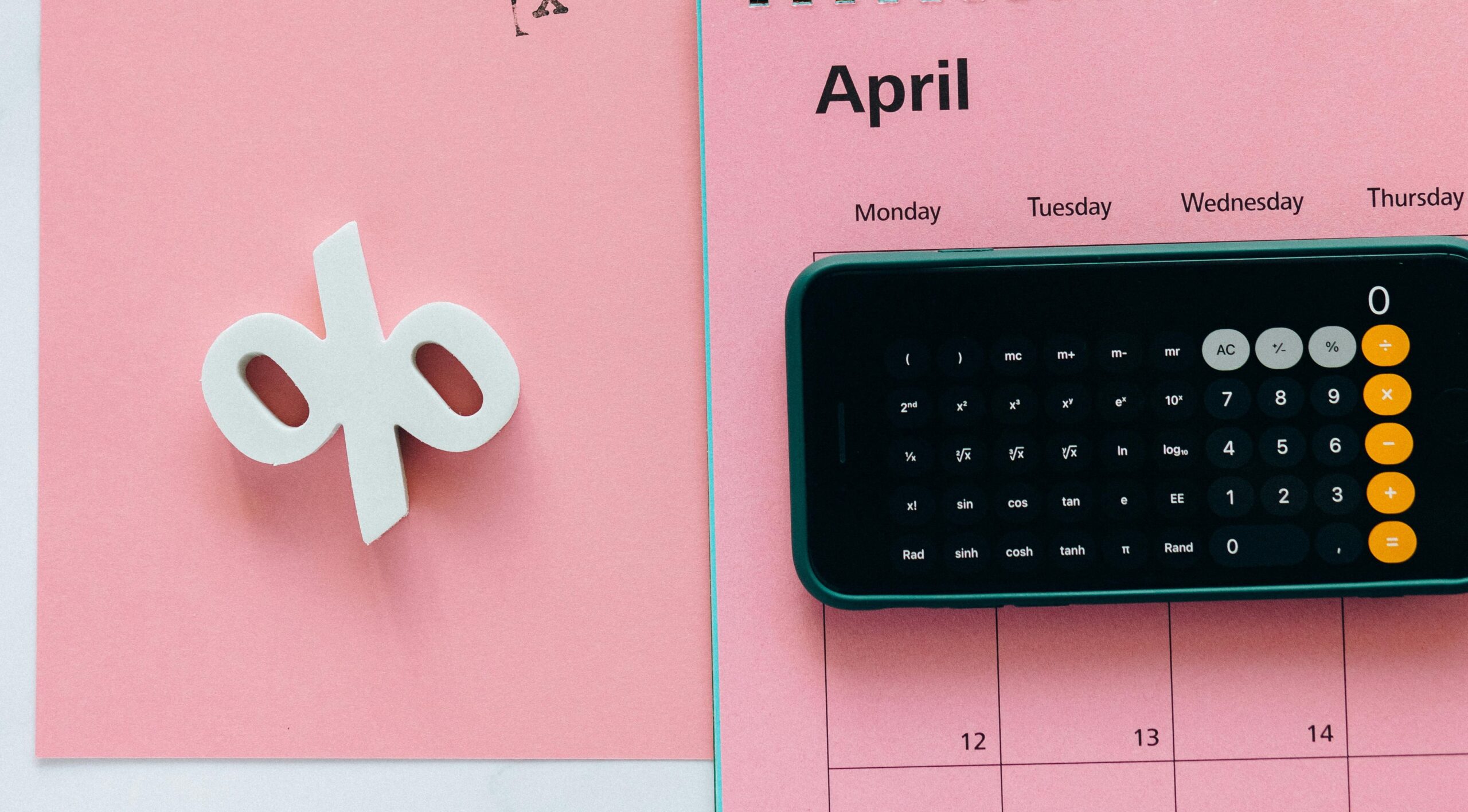A Guide to 100% Mortgages

Saving up for a deposit is sometimes the biggest hurdle for aspiring homeowners. It can take years to save up enough money for a house deposit, but this doesn’t have to be the case. 100% mortgages, also known as no-deposit or zero-deposit mortgages, can be a fantastic option for individuals who want to buy a home fast without the need for a downpayment. This guide delves into everything you need to know about 100% mortgages, exploring their benefits, drawbacks, eligibility criteria, and more.
What is a 100% mortgage?
A 100% mortgage allows you to borrow the entire value of the property you want to purchase. This means that unlike traditional mortgages that require a deposit of usually 5% or more, a 100% mortgage eliminates this upfront cost. So, if a house costs £200,000, you’ll borrow the whole £200,000.
You will, however, still need to pay for stamp duty and conveyancing fees so ensure you have a budget that covers these costs.
Benefits of 100% mortgages
There are several advantages to getting a 100% mortgage, such as:
Get on the property ladder sooner
Especially if you’re a first time buyer, saving enough money for a deposit can seem out of reach. The biggest advantage of a 100% mortgage is that you can buy your home much faster. This means you can get on the property ladder earlier and also secure your home before there are any potential price increases.
Start building equity early
Even without a down payment, you start building equity in your home from the moment you start making mortgage payments. Once your introductory mortgage deal ends, you might be able to remortgage to a better deal.
Money goes towards your home rather than renting
Each month when you pay toward your mortgage, you are taking steps to own your property outright rather than paying rent to a landlord. You’ll have long-term stability and the ability to personalise your own home without any restrictions imposed by renting a private property (subject to conditions within your lease, where applicable).
Drawbacks of 100% mortgages
While attractive, 100% mortgages come with some downsides to consider carefully:
Higher interest rates
Since lenders perceive a greater risk with putting no deposit down, 100% mortgages typically come with higher interest rates compared to traditional mortgages with a deposit. This means higher monthly repayments throughout the mortgage term.
It’s easier to fall into negative equity
If the value of your property decreases, then it could become less than what you owe on the mortgage, creating a situation known as negative equity. This becomes a problem if you need to sell your home because you’d be responsible for the shortfall – the difference between the sale price and the outstanding mortgage balance. You would need to come up with this money out of pocket to close the sale, which can be a significant financial burden.
A strain on your family relationships
If you choose a family member as your guarantor, there’s a risk it could challenge your relationship if you find yourself in financial trouble. If you can’t make your mortgage payments, the lender will come to your guarantor to recover the costs. This could cause significant stress between you and ultimately damage your relationship. Similarly, with a family deposit mortgage, your loved one’s own savings may be locked up for a set period, limiting their own financial flexibility. Open communication and clear expectations are crucial for navigating these situations and protecting your important family bonds.
Are you eligible for a 100% mortgage?
Lenders want to ensure that you can pay back the 100% mortgage you take out. Because of this, some key factors lenders look for when checking if you’re eligible are:
- If you have a strong credit score.
- If you have low levels of debt.
- If you have a regular income.
It is less common to find 100% mortgages available, as there is more risk involved for lenders. Often, because of this, lenders will ask you to have a guarantor who is responsible for paying your mortgage if you miss payments. Some examples of the types of no-deposit mortgages available are:
Guarantor mortgages
You are more likely to find guarantor mortgages as a type of 100% mortgage. This option means you choose a consenting family member or friend to take responsibility for the mortgage if you can’t keep up with payments. As a result, the lender is not risking as much, as they will receive their repayments whether it is through you or your guarantor.
You should make sure that the guarantor has a good credit score and stable finances. It is also important to ensure they know everything about getting involved, for example, if you default on the mortgage it could impact the guarantor’s credit score.
Family springboard mortgages
In a family deposit mortgage, a family member will cover the deposit of your house, usually between 10% and 20% of the property’s value, in a separate savings account. Instead of gifting the money to a buyer, the relative can open a savings account that is linked to the buyer’s mortgage. This money is usually locked away for five years, and if the homeowner has made all of their repayments the deposit money will be returned to the family member.
Home buying advice from County Town Homes
By carefully considering the pros and cons of 100% mortgages, alongside your financial situation and long-term goals, you can make an informed decision about whether this approach can help you achieve your dream of homeownership with a brand-new property. Overall, 100% mortgages can be a fantastic method of getting your foot on the property ladder quickly, but be sure to inform your guarantor of all the facts before they get involved.
For more help and advice with your home-buying journey, explore our blogs from County Town Homes. We’ve got useful guides on how to improve your credit score, the conveyancing process explained, and much more.

